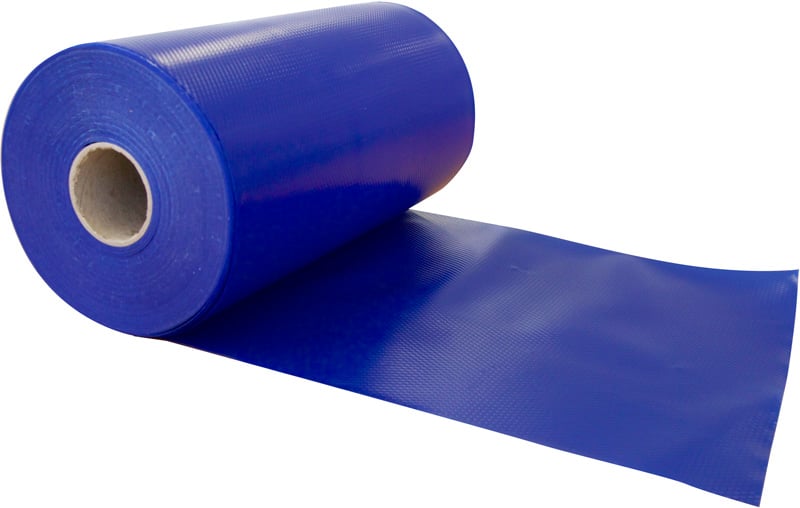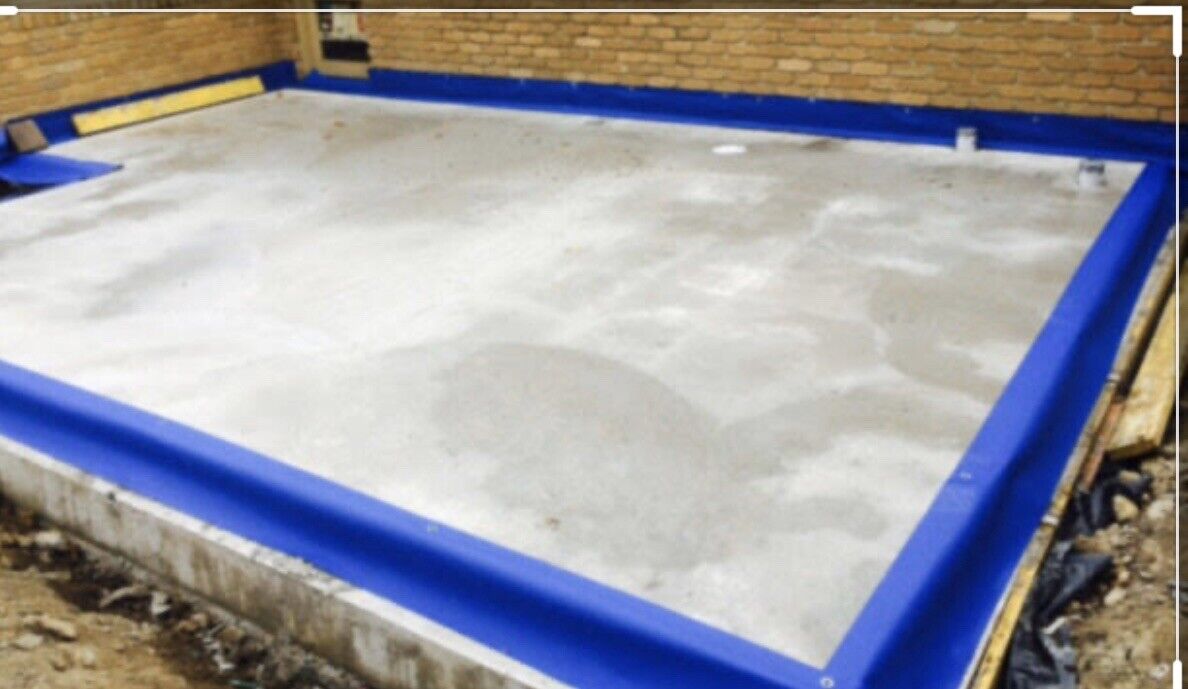 Frequently Asked Question
Frequently Asked Question
 Completely
Completely
Australian Run
 Mention this Ad & Get
Mention this Ad & Get
10% discount off any job
 Shielding Your Home: Depth Exploration of Termite Barriers
Shielding Your Home: Depth Exploration of Termite Barriers
Termites: Silent invaders that wreak havoc on homes, silently devouring wooden structures. In this comprehensive guide, we delve into the world of termite barriers, exploring their types, factors to consider when choosing termite barriers, and environmental impact to arm you with the knowledge needed to protect your home.
What Are Termites?
Termites are small, social insects that belong to the order Isoptera. They are often referred to as “white ants,” although they are not closely related to ants. Termites are small insects that eat wood and other plant material.
Termites are helpful in nature for breaking down plant matter, but they can also be destructive when they invade human-made structures, as they feed on wood, paper, and other cellulose-based materials. This can lead to significant damage to buildings, furniture, and other wooden structures, necessitating pest control measures.

Types of Termites
Termites can be classified into three main types based on their habitats and behaviours:
- Subterranean Termites: Common and destructive, they nest in soil and build mud tubes to reach wood.
- Drywood Termites: Infest dry wood and establish colonies within, causing damage to structures.
- Dampwood Termites: Prefer damp or decaying wood, residing in moist environments like forests.
What Are Termites Barriers?
Termite barriers are protective shields, either physical or chemical, that keep termites from entering and damaging buildings. They are crucial for preventing termite infestations and are crucial for reducing the risk of termite infestations and minimising potential damage, ultimately contributing to the longevity and structural integrity of the building.
The Need for Termite Barriers
- Prevent Infestation: Termite barriers act as a protective shield, preventing termites from entering and infesting buildings.
- Structural Integrity: They safeguard the structural integrity of buildings by minimizing termite-induced damage to wooden components.
- Cost-Efficient: Installation of termite barriers is a cost-effective approach compared to repairing extensive termite damage.
- Long-Term Protection: Termite barriers offer long-term protection, reducing the risk of termite infestations and associated repair costs.
- Early Detection: In the case of termite activity, barriers can aid in early detection, enabling prompt action to mitigate the issue.
- Property Value: Having termite barriers in place can enhance the value and marketability of a property, assuring potential buyers of termite protection.
- Peace of Mind: Property owners gain peace of mind knowing their investment is safeguarded against termite-related threats.
Types of Termite Barriers
There are three main types of termite barriers:
- Chemical Barriers: Utilize termiticides or insecticides to create a treated zone around the structure, deterring termites from entering.
- Physical Barriers: Include physical materials like steel mesh, crushed rock, or sand that termites cannot penetrate, forming a protective shield.
- Baiting Systems: Strategically placed bait stations with toxic bait that attracts and eliminates termites, providing a localised barrier.
Factors to Consider When Choosing a Termite Barrier
When selecting a termite barrier, consider the following factors:
- Effectiveness: Ensure the barrier is proven to deter or eliminate termites effectively.
- Cost: Evaluate the overall expense, including installation and maintenance costs.
- Durability: Choose a barrier that offers long-lasting protection without frequent replacements.
- Environmental Impact: Consider eco-friendly options with minimal harm to the environment.
- Compatibility: Ensure the barrier suits the building’s structure and construction materials.
- Professional Installation: Verify if the barrier requires specialised installation by professionals.
- Local Termite Species: Tailor the barrier to the specific termite species prevalent in your region.
- Maintenance Needs: Understand the maintenance requirements to keep the barrier effective over time.
- Warranty and Guarantees: Check for warranties or guarantees on the barrier’s performance and effectiveness.
- Building Codes and Regulations: Comply with local building codes and regulations when selecting and installing the barrier.
DIY vs. Professional Installation
When deciding between DIY (Do It Yourself) and professional installation for a termite barrier:
- Skill and Knowledge:
- DIY: Requires a good understanding of construction and termite behaviour.
- Professional: Technicians have specialised knowledge and experience.
- Effectiveness:
- DIY: Effectiveness may vary based on skill and application.
- Professional: Likely to be more effective due to expertise and use of proper techniques.
- Cost:
- DIY: Initial costs may be lower, but improper installation can lead to higher long-term expenses.
- Professional: Upfront costs are higher but could save money by preventing termite damage and reinstallation.
- Time:
- DIY: Can take longer, especially if learning new skills or troubleshooting issues.
- Professional: Generally quicker and more efficient.
- Warranty:
- DIY: Typically no warranty for self-installed barriers.
- Professional: Often comes with warranties or guarantees.
- Risk and Safety:
- DIY: Risks associated with handling chemicals and tools; safety precautions are vital.
- Professional: Trained technicians ensure safety protocols and handle hazardous materials.
- Complexity of Installation:
- DIY: Suitable for simpler barrier types and smaller areas.
- Professional: Better for complex barriers or larger-scale installations.
- Local Regulations:
- DIY: Responsibility to understand and comply with local regulations and building codes.
- Professional: Technicians are knowledgeable about local regulations and ensure compliance.

Contact BugFree for Termite Barrier Installation or Termite Infestation Concerns
“BugFree” is a local company specialising in termite barrier services. We are experts in implementing termite barriers to protect homes and buildings from termite infestations.
Contact us for termite barrier installation or if you suspect a termite infestation. Our team of termite control experts is here to assist you with termite prevention and treatment solutions to protect your property.
Maintaining and Monitoring Termite Barriers
To maintain and monitor termite barriers effectively:
- Regular Check-ups: Conduct routine inspections for damage or breaches.
- Prompt Repairs: Fix any barrier damage promptly.
- Chemical Barriers: Reapply termiticides as needed.
- Clear Surroundings: Keep the area around barriers clear of debris.
- Professional Help: Consider annual inspections by experts.
Frequently Asked Questions (FAQs)
Q. How Long Do Termite Barriers Last?
- The lifespan of termite barriers varies based on the type. Chemical barriers typically last 5 to 10 years, while physical barriers can last indefinitely with proper maintenance. Regular upkeep and monitoring extend the barrier’s effectiveness.
Q. Are Termite Barriers Safe for Pets and Humans?
- Yes, termite barriers are generally safe for pets and humans once they are dry and set. However, during installation, it’s essential to follow safety guidelines and keep pets and people away from treated areas. Consult with professionals to address any specific concerns.
Q. Can Termite Barriers Be Installed in Existing Structures?
- Yes, termite barriers can be installed in existing structures. Depending on the type of barrier, installation methods may vary. It’s advisable to consult with a pest control professional to determine the most suitable barrier type and installation process for your existing building.
Q. Will a termite barrier damage my home?
- No, a properly installed termite barrier will not damage your home. In fact, a termite barrier is designed to protect your home from termite infestations and the subsequent damage they can cause.
Residential & Domestic
Professional services with affordable Prices
Our fully licensed and experienced technicians will provide you and your family members with a pest control treatment catered for you and your home.
Commercial Pest Control
100% environmentally safe and friendly
All our chemical treatments are approved under Australian Standards so you can be confident of a safe and quality outcome.





